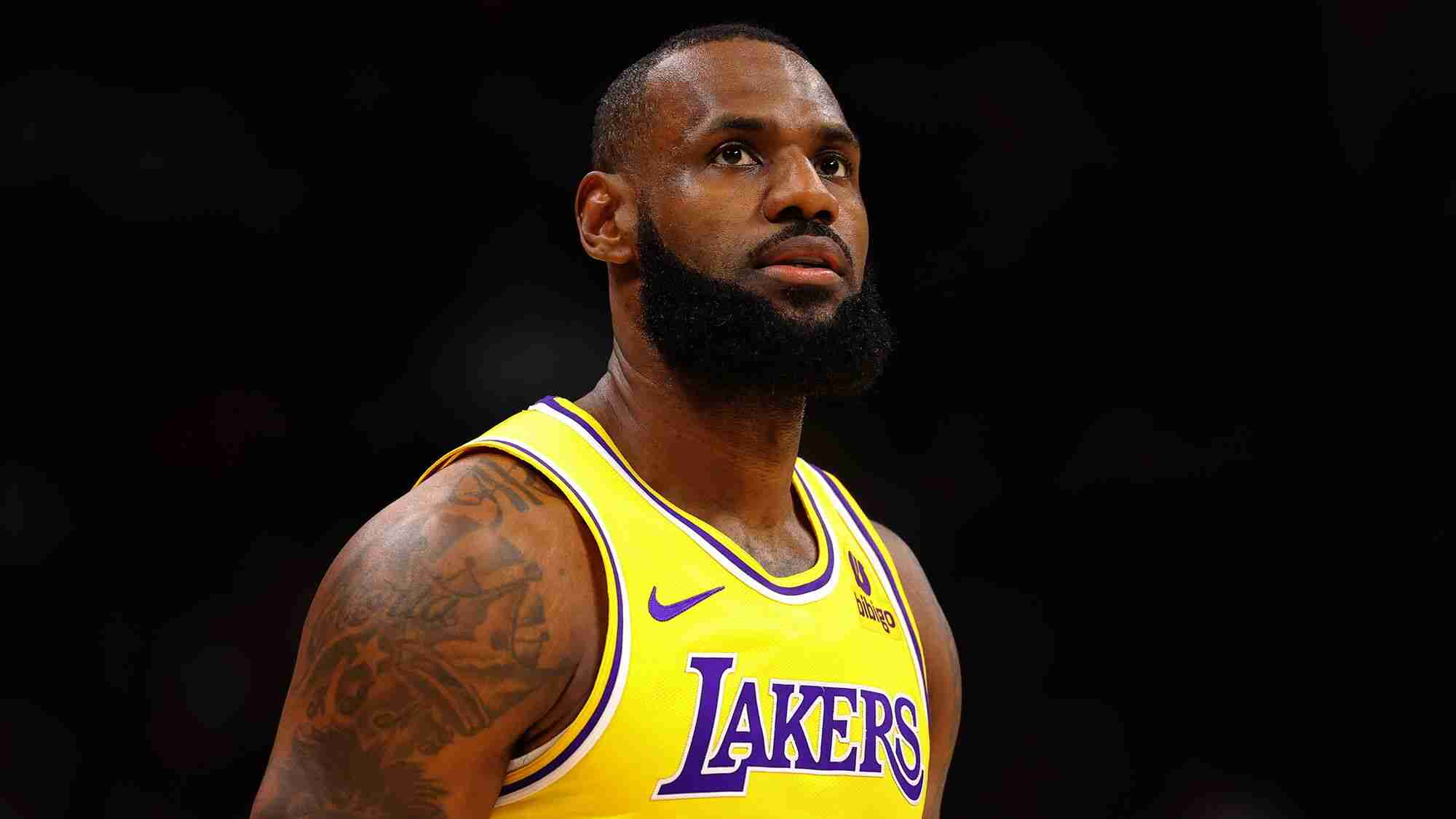Share this
LeBron James, a global basketball icon and one of the most influential athletes in the world, recently made headlines by stepping away from social media. His reason? Exhaustion from the constant wave of negative comments that flood his feeds. As someone who has used social platforms to connect with fans, promote causes, and build his brand, this move signals a deeper issue with the growing toxicity of online spaces.
In this blog, we’ll delve into LeBron’s decision, the impact of negativity on public figures, and the broader implications for mental health in the digital age. We’ll also address some of the most frequently asked questions surrounding this topic, offering actionable insights for those seeking a healthier relationship with social media.
The Story Behind LeBron’s Social Media Hiatus
LeBron James, widely regarded as a role model for athletes, is no stranger to criticism. While praise for his on-court achievements is abundant, the four-time NBA champion has often faced unwarranted negativity on platforms like Twitter, Instagram, and Facebook. These criticisms range from his performance to his personal opinions and philanthropic efforts.
In recent months, the toxicity seems to have reached a tipping point. During an interview, LeBron shared how these “constant waves of negativity” had taken a toll on his mental well-being, leading him to temporarily unplug from social platforms.
Why LeBron’s Decision Matters
1. The Impact of Negativity on Public Figures
Public figures like LeBron James often live under a microscope. Despite their success, they face relentless judgment from millions of followers. Research from the Pew Research Center indicates that over 40% of adults have experienced online harassment, with celebrities being prime targets.
For athletes, social media toxicity can directly impact performance. A study published in the Journal of Sports Sciences highlighted how negative feedback affects decision-making, confidence, and even physical performance in professional athletes.
2. Social Media and Mental Health
LeBron’s break sheds light on the broader issue of social media’s effect on mental health. According to the American Psychological Association, prolonged exposure to negative comments increases stress, anxiety, and depression. Public figures, with their vast followings, often face these effects on a much larger scale.
FAQs About LeBron James and Social Media
1. Why did LeBron James take a break from social media?
LeBron cited overwhelming negativity as the primary reason for his social media hiatus. He expressed the need to protect his mental health and focus on his personal life and professional goals.
2. How does social media negativity affect athletes?
Negative comments can lead to increased anxiety, reduced self-esteem, and impaired decision-making. Athletes may also experience burnout from constantly trying to maintain a positive image.
3. Is LeBron’s break permanent?
LeBron has not indicated that this is a permanent decision. In previous seasons, he has taken short breaks from social media, especially during playoffs, to maintain focus.
4. What can fans learn from this?
LeBron’s decision emphasizes the importance of setting boundaries and prioritizing mental health, even in the face of external pressures.
5. How can social media platforms combat negativity?
Platforms can enhance moderation tools, promote positivity campaigns, and implement stricter guidelines to curb online harassment.
What We Can Learn from LeBron
LeBron’s decision isn’t just about taking a break—it’s a call to action for everyone, from social media users to platform developers. Here are three key takeaways:
1. Prioritize Mental Health
It’s crucial to recognize when social media impacts your mental well-being. Taking breaks, limiting usage, or using platform features like comment filters can help maintain a healthier experience.
2. Advocate for Accountability
Social media platforms must do more to address harassment. Reporting abusive comments and advocating for stronger moderation can make these spaces safer for everyone.
3. Promote Positivity Online
As users, we have the power to shape the tone of social media. Encouraging uplifting conversations and supporting others online can counteract negativity.
Conclusion
LeBron James’ social media hiatus serves as a powerful reminder that even the strongest among us need to prioritize mental health. His decision resonates with millions of people grappling with the pressures of the digital world.
By addressing the underlying issues of social media negativity and promoting healthier habits, we can create a more supportive online community. Whether you’re a public figure or an everyday user, LeBron’s story is a testament to the value of setting boundaries and protecting your peace.
YOU MIGHT ALSO LIKE:Damian Lillard Embraced Boot Camp to Bring ‘Real Me’ to Bucks: What This Means for His Future

1 thought on “LeBron James Takes a Break from Social Media: Why He’s Tired of Negativity”